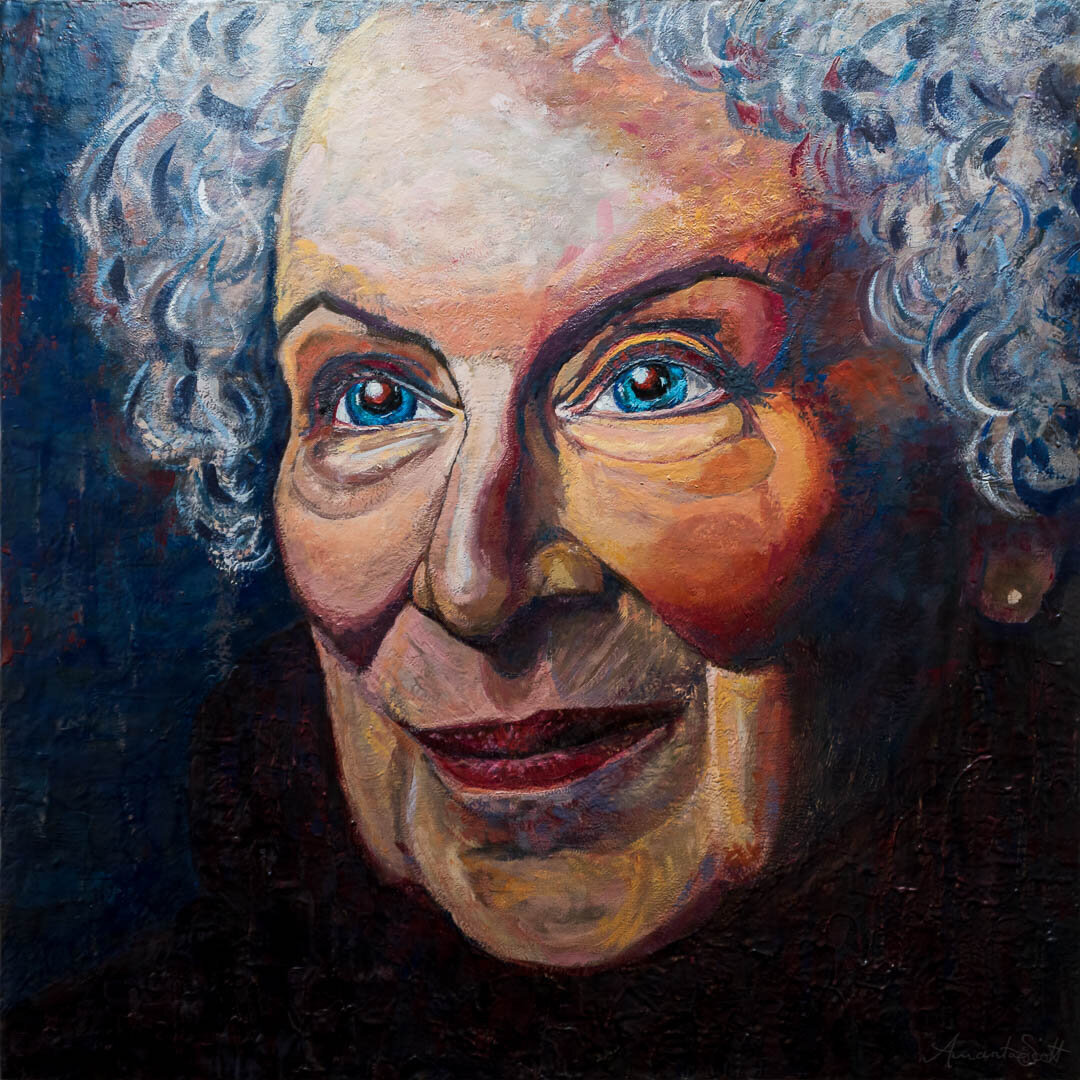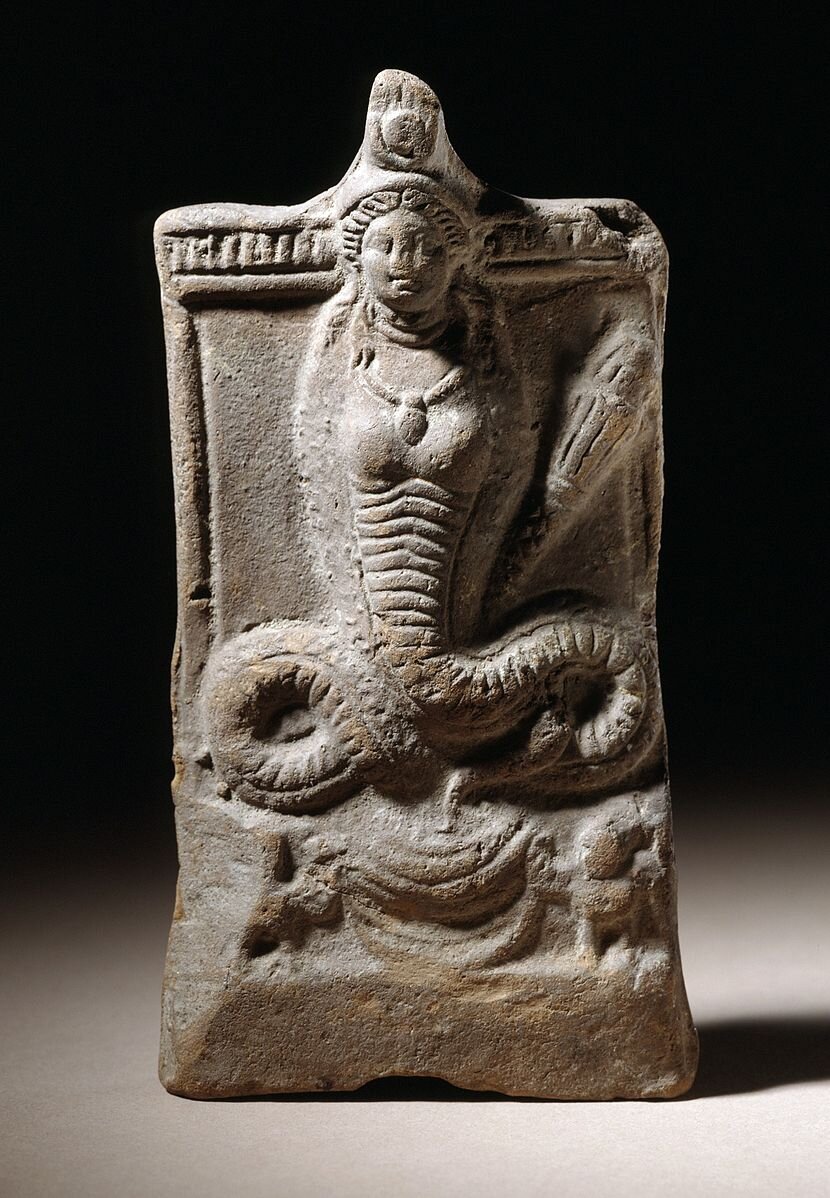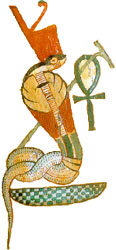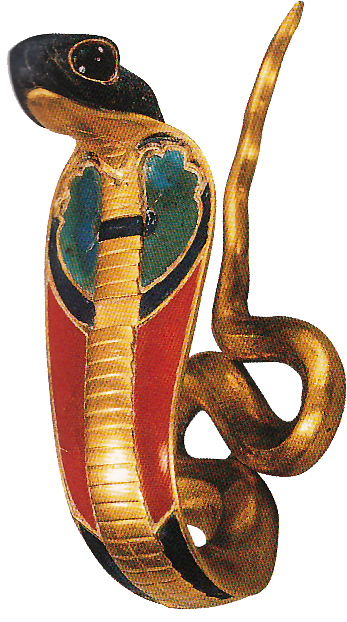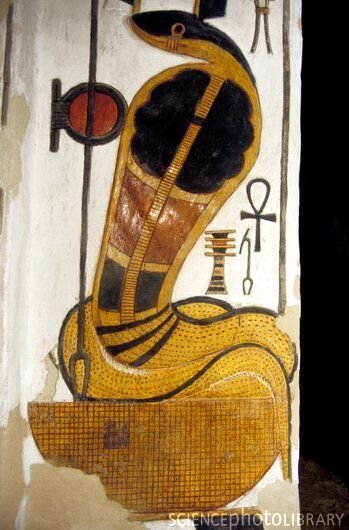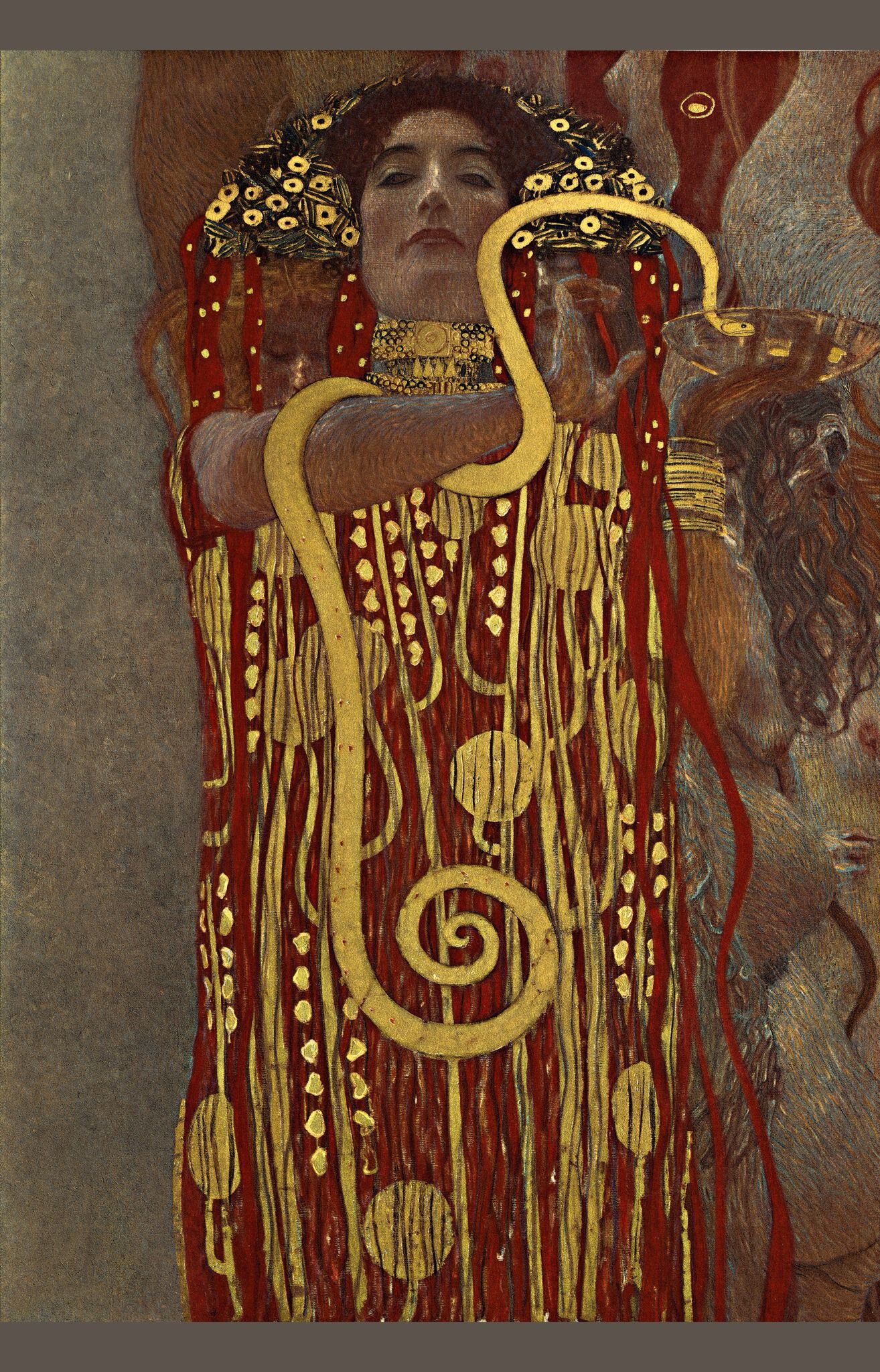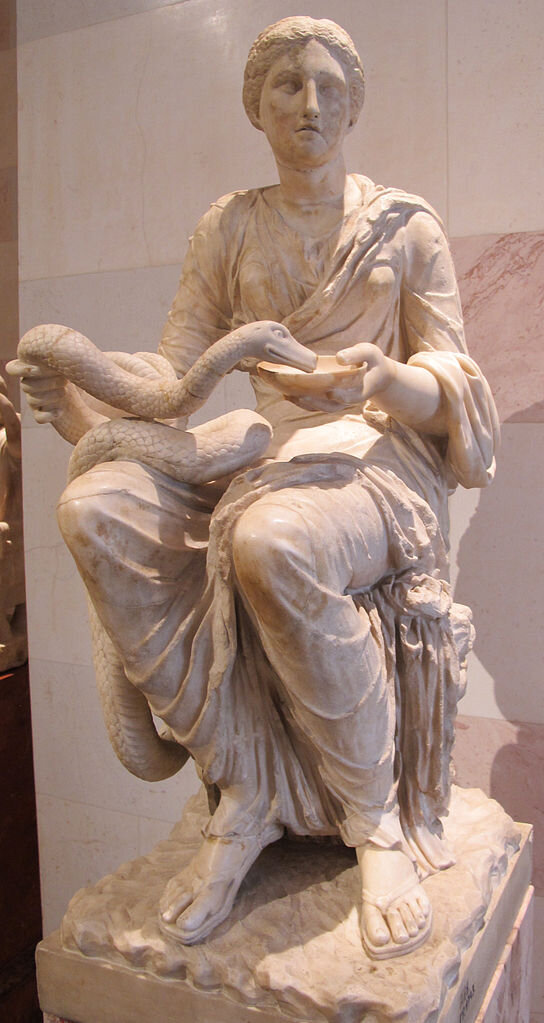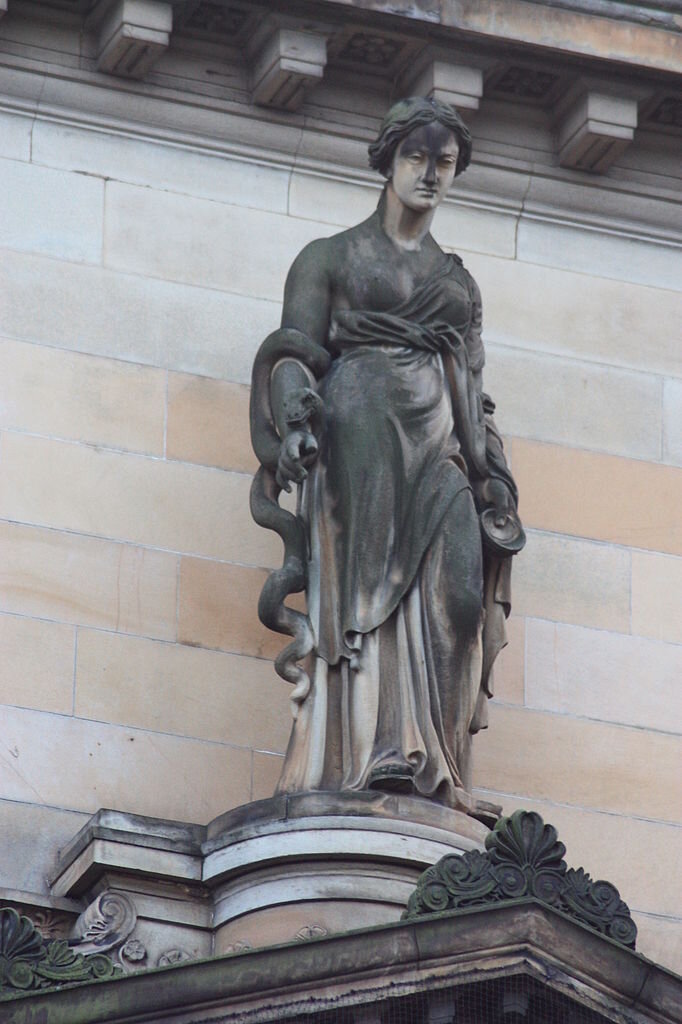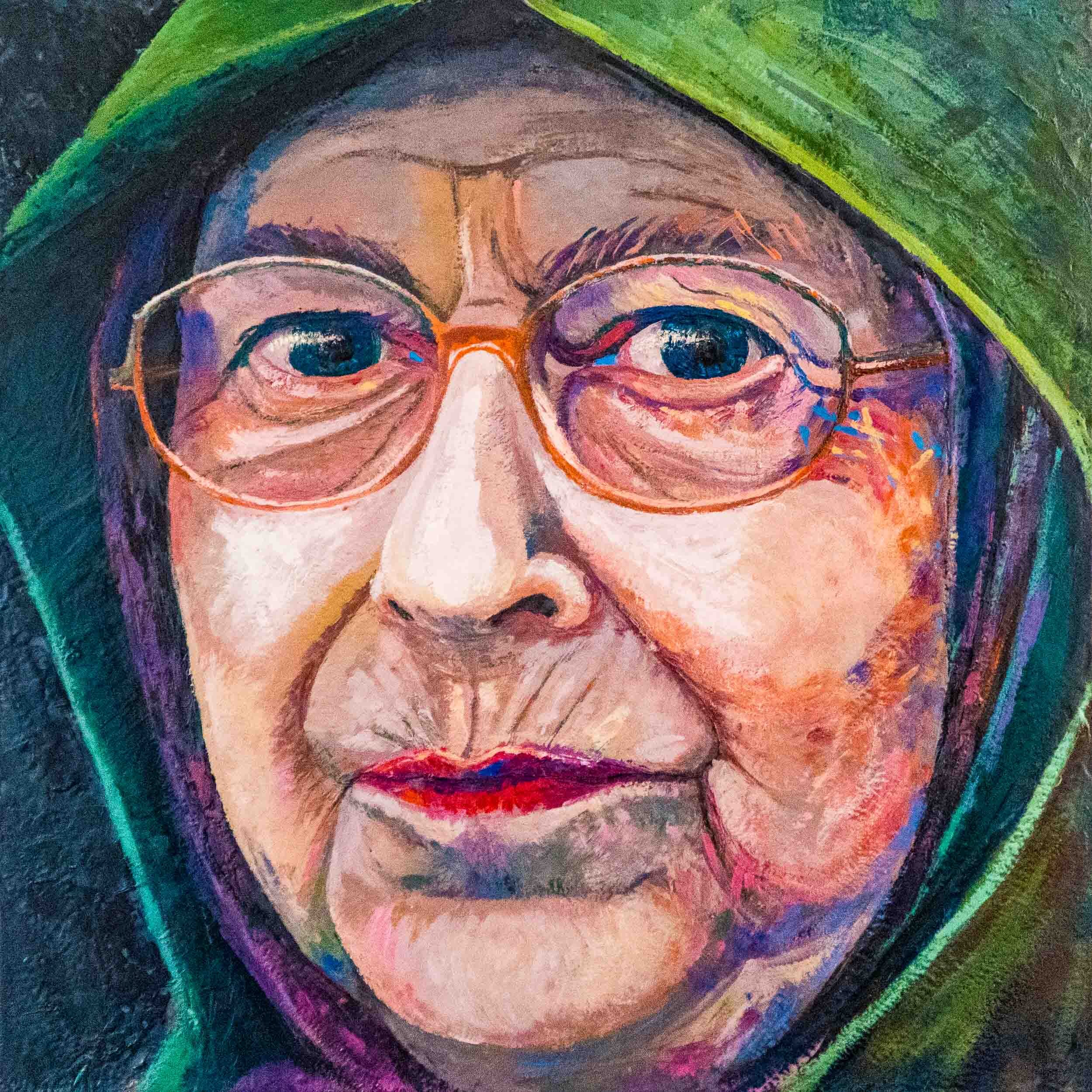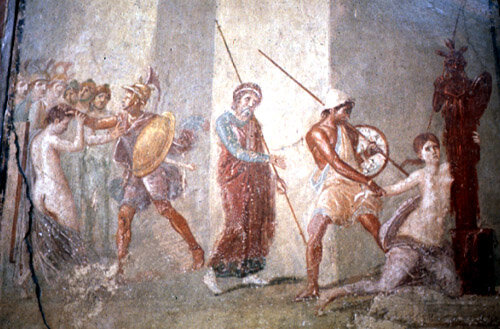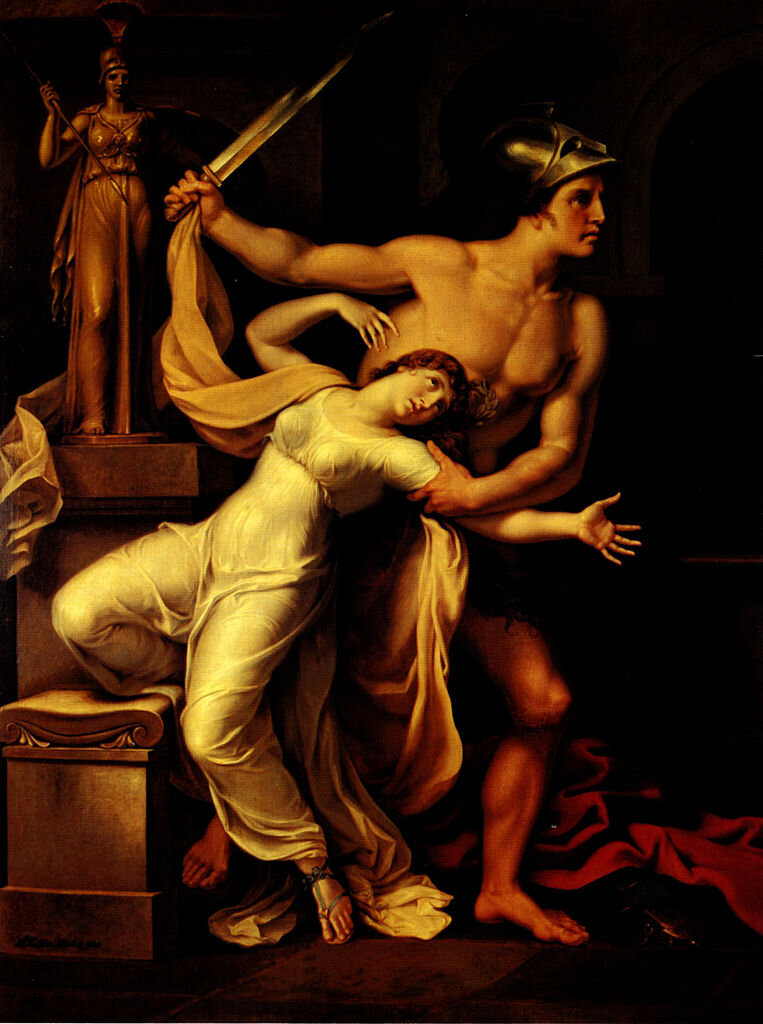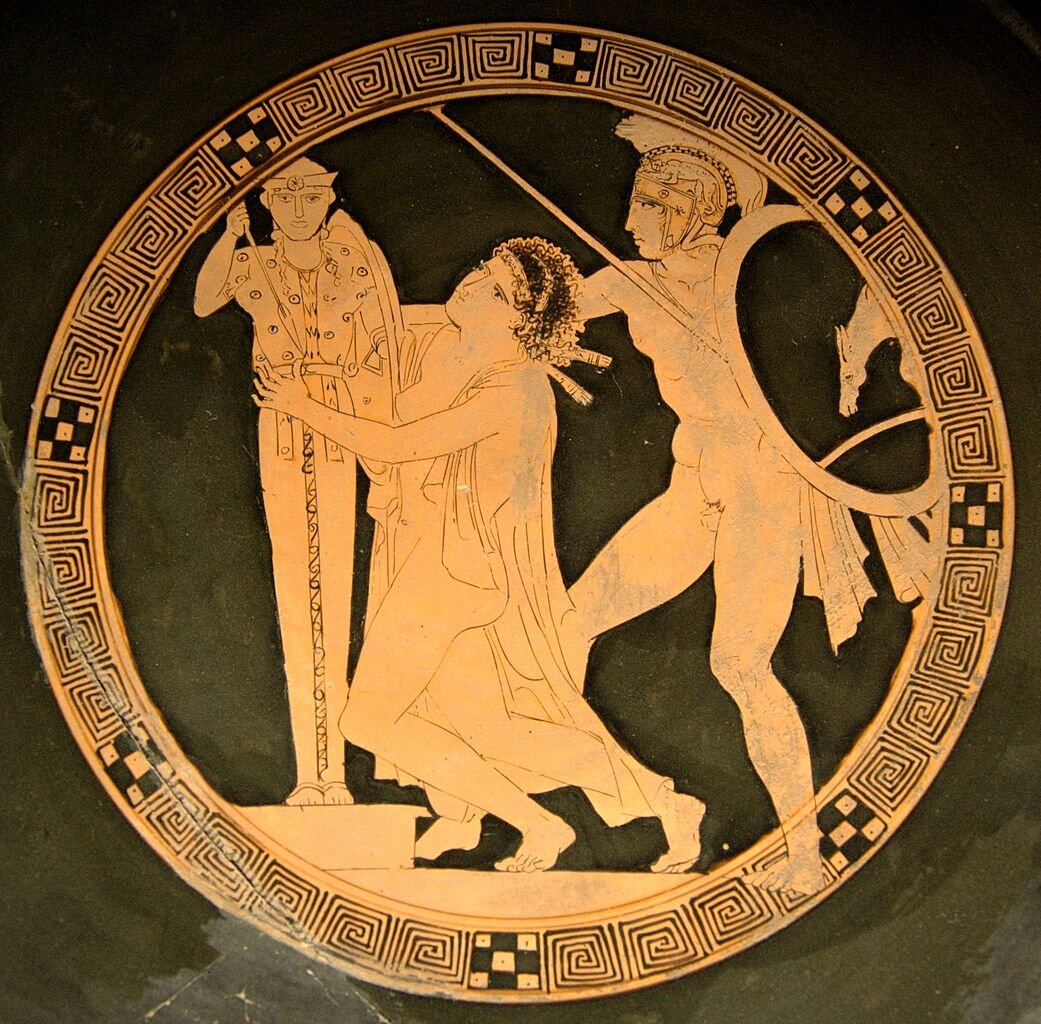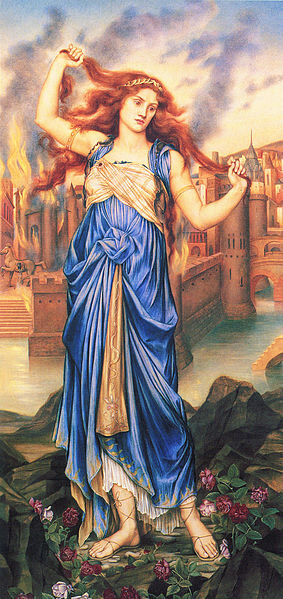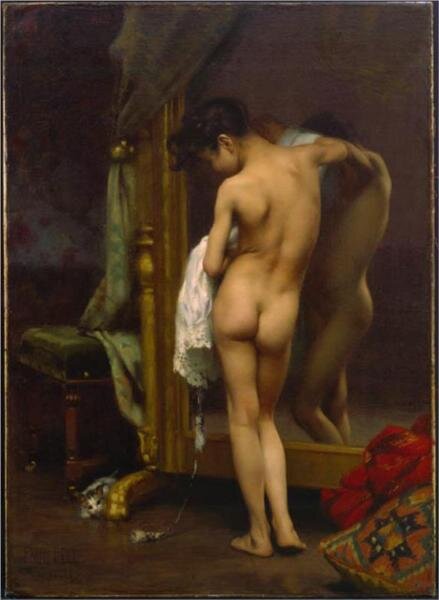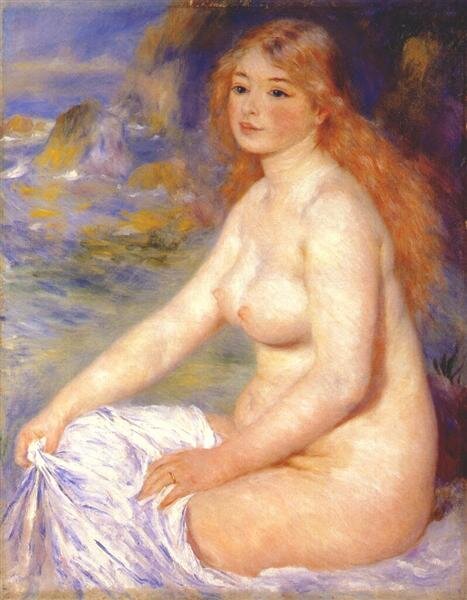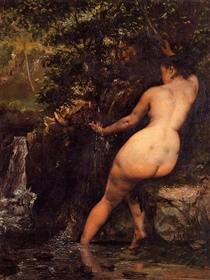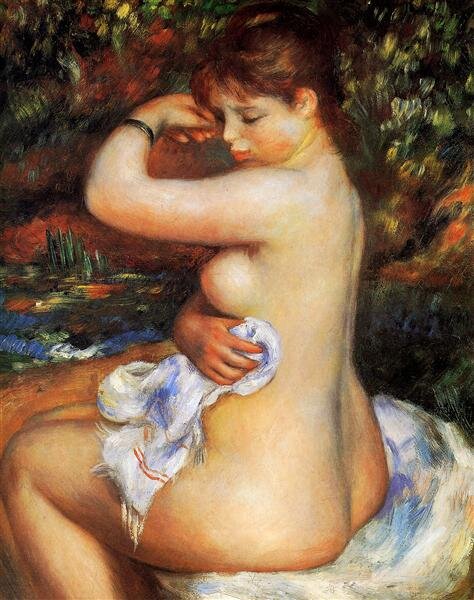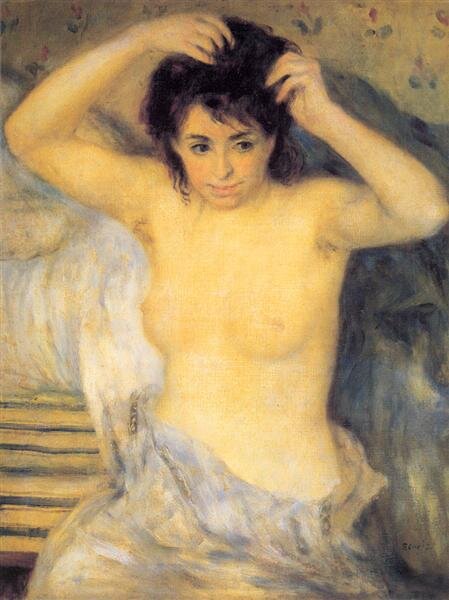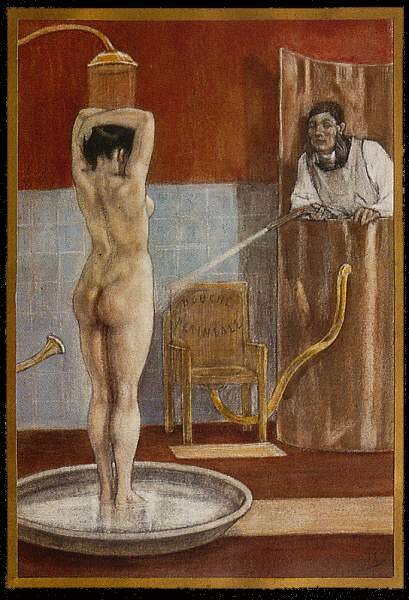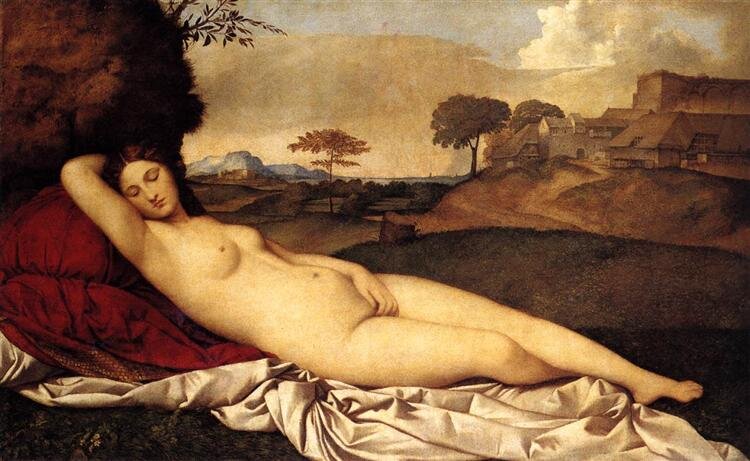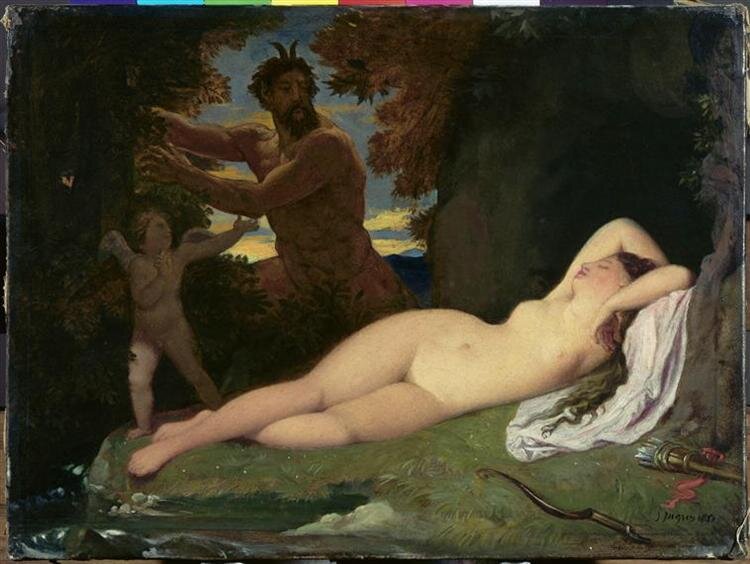Cassandra
Impression of Margaret Atwood
Cassandra was given the gift of prophecy but was cursed so that none of her predictions were believed.
Margaret Atwood is a Canadian author of eerily prescient “speculative fiction”, whose writings have influenced pro-choice movements worldwide.
“This above all, to refuse to be a victim.”
the story of Cassandra
Cassandra is known as a woman with the gift of prophecy but is cursed so that none of her predictions are believed.
As always, there’s a lot more to the story.
In one version Cassandra, as a very young child, is left overnight in the shrine of Delphi. When her mother, the Trojan Queen Hecuba, arrived in the morning she is said to have found the child surrounded by the sacred snakes that were kept in the shrine. The snakes were licking Cassandra’s ears, thus bestowing upon her the gift of prophecy.
The snake as a source of knowledge is a recurring theme in Greek mythology; and closely associated with women throughout history.
In both Hebrew and Arabic the terms for magic are derived from the word serpent. In Brittany supernatural powers were said to be acquired by drinking broth prepared from serpents.
Among the Sioux First Nation, the word “waken” means both wizard and serpent. In some First Nations in the southern United States, during initiation rituals an individual performs a dance in which he is repeatedly bitten by a snake. Through this experience he is said to gain great wisdom and insight into the mysteries of the universe.
Pythia, the Oracle of Delphi consulted with snakes guarding the temple.
In another version of the story of Cassandra, Apollo, the god of light, sunshine, music, healing and prophecy falls in love with Cassandra. Apollo offers to confer upon her the gift of prophecy if she promises to yield herself to him. Cassandra, however, refused to fulfil her part of the bargain — because, as a priestess of Apollo, she had taken a sacred vow of chastity.
Many versions of the myth relate how Cassandra incurred the god’s wrath by refusing to have sex with him after promising herself to him in exchange for the power of prophecy.
Apollo then demands a kiss from Cassandra by which he steals from her the power of persuasion so that from then onwards, no one will believe anything Cassandra predicts. Thenceforth Cassandra is seen as a liar and a madwoman both by her own family and by the Trojan people.
In some versions of the story her father, King Priam, orders her to be locked up in a pyramidal building on the citadel.
After being disbelieved for predicting the Fall of Troy, Cassandra sought refuge in the temple of Athena. There, she was captured, abducted and brutally raped by Ajax the Lesser.
According to Quintus Smyrnaeus, Cassandra attempted to warn the Trojan people that Greek warriors were hiding in the Trojan Horse while the people were feasting and celebrating their victory over the Greeks. The Trojans disbelieved her, calling her names, degrading and insulting her.
In desperation Cassandra grabbed an axe in one hand and a burning torch in her other, and ran towards the Trojan Horse, intent on destroying the Greeks herself. Refusing to believe her, the Trojans stopped her; and the Greeks hiding inside the Horse were greatly relieved, if not also alarmed by how clearly she had divined their plan.
As Troy was falling, Cassandra sought shelter in the temple of Athena, embracing the wooden statue of Athena in supplication for her protection. However, Ajax the Lesser who had been pursuing her, grabbed her and brutally raped her. Cassandra clung so tightly to the statue of the goddess that Ajax knocked it from its stand as he dragged her away.
One account claimed that even Athena, who had worked hard to help the Greeks destroy Troy, was not able to restrain her tears and her cheeks burned with anger. The sight of Cassandra's rape caused her image to give forth a sound that shook the floor of the temple;, and her image turned its eyes away as Cassandra was violated.
Ajax's actions were considered a sacrilege because as a supplicant at the sanctuary, Cassandra was under the protection of the goddess. He further defiled the temple with sexual intercourse by raping her.
Cassandra was then taken as a concubine by King Agamemnon of Mycenae, and subsequently murdered by his wife Clytemnestra.
Margaret Atwood
Handmaid at the 2018 San Francisco Women's March, photo by Tom Hilton
Margaret Atwood is a Canadian author and poet, literary critic, teacher, environmental activist and inventor. Her work encompasses a range of themes including gender and identity, social realism, feminism, religion and myth, the power of language and climate change.
I have long held an affinity for Atwood’s work. When I was a child, my mother, Corinne Langston, used to read her poems and stories on CBC radio. As a writer of “speculative fiction” I find Margaret Atwood eerily prescient.
Her dystopian novel, The Handmaid’s Tale (1985) has been adopted by the political action group The Handmaid’s Coalition which stages dramatic protests of motionless women dressed as handmaids at pro-choice protests all over the world, including the United States, Ireland, Poland, Croatia and Argentina.
“All those paintings of women, in art galleries, surprised at private moments. Nymph Sleeping. Susanna and the Elders. Woman bathing, one foot in a tin tub - Renoir, or was it Degas? both, both women plump. Diana and her maidens, a moment before they catch the hunter’s prying eyes. Never any paintings called Man Washing Socks in Sink.”
Margaret Atwood
watched while bathing
watched while sleeping
Why are we enabling voyeurism?
For a deeper sense of how depictions of women in the arts may influence our attitudes and actions towards women today,
visit the RESEARCH section of this site:
References
- New Larousse Encyclopedia of Mythology*, Hamlyn Publishing Group Ltd., New York, 1959
- Ancient Mirrors of Womanhood, Merlin Stone, Beacon Press, Boston, 1984
- When God Was A Woman, Merlin Stone, Harvest Edition, 1976
- The Civilization of the Goddess, The World of Old Europe, Marija Gimbutas, HarperCollins Publishers, 1991
- The Language of the Goddess, Marija Gimbutas, HarperRow publishers, San Francisco, 1989
- https://www.khanacademy.org/humanities/art-ameri
- https://en.wikipedia.org/wiki/Margaret_Atwood
- https://en.wikipedia.org/wiki/Cassandra
- https://www.goodreads.com/author/show/3472.Margaret_Atwood
- http://margaretatwood.ca
